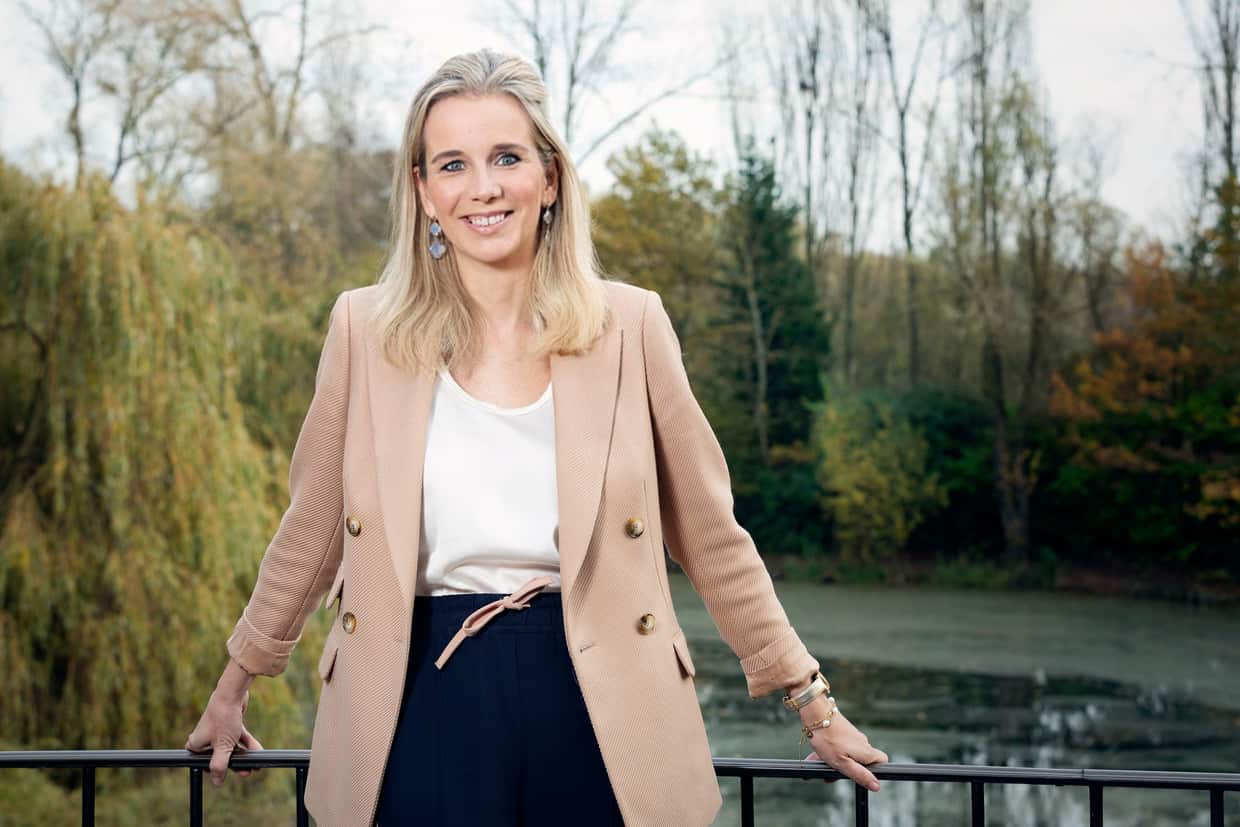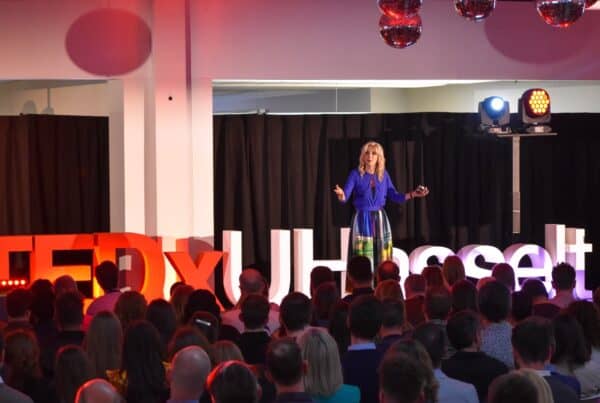The path most trodden is that of our habits, where the plants have long been flattened
“The traffic jams are as bad as ever, it’s as if the Covid virus never happened.” Although I am of course glad that most measures have been lifted, I am saddened by this statement. My greatest hope was that the pandemic would have a lasting impact and that we would come away with lessons learnt
Our mental health was in a sorry state before the pandemic. As we experimented with new ways of living and working during each lockdown, many of us looked back upon our previous lives and realised that no, we didn’t want that life anymore. We resolved to work hybrid hours in the future and not to fill each weekend full of activities, because we had come to realise that an empty diary often seemed to do us good. Sometimes I wonder if we have learnt anything.
For two years, we feared that the young people growing up would become the lost generation. That fear was unjustified. Young people who grow up during a crisis are, on average, more resilient than those confronted with the same situation later in life. I worry that it is not the younger generation who will go down in history as lost, but we adults. We have benefited from two years of experimenting with a different, more ‘brain-friendly’ way of life, but we are now on autopilot, falling back into old habits.
How can that be? The war in Ukraine isn’t helping, of course. There are times I compare our brains to the jungle. There are many different paths through the tropical vegetation. The path most trodden is that of our habits, where the plants have long been flattened. It is tempting to choose that path in stressful circumstances. No effort is required and you can walk it mindlessly. If you want to change your habits, you have to hack a new path through the jungle. This requires a sustained effort. Changing habits is not something you do on the fly. It takes energy and resilience.
This became apparent after the MS Herald of Free Enterprise sank, capsizing off the coast of Zeebrugge on 6 March 1987. The distinguishing factor between those who experienced post-traumatic growth and those who experienced stress, proved to be resilience. After all that has happened – with the pandemic not entirely past before the next crisis arose – many people’s resilience has been tested.
A plea – put down your smartphone and take time to stand still
The good news is that resilience is something you can work on and I would like to pick out one aspect – focus. Setting priorities and being able to concentrate on them without becoming distracted.
According to Ghent University’s most recent digiMeter, the average Fleming spends 188 minutes looking at their phone every day. We can see that our digital addiction has far from diminished since the pandemic. Scrolling through news about the war and being distracted by notifications arriving with a ping depletes our resilience, however. It prevents us from focusing on our priorities and leaves us with little energy for forming new habits.
Hence the plea – put down your smartphone and take time to stand still. Step into an imaginary glass lift. View your life from a helicopter perspective. Is this what you intended when you promised yourself during the pandemic that you would not return to your previous ‘normal’? In an ideal world, what would your life look like? Don’t hold back! Once this is clear in your head, step back into the lift and go down to the basement. From there you can craft your dream as solidly as possible. Once your plan is formed, return to the ground floor.
Let us take as much time as possible to reflect and reset this Autumn. The time is right. In more and more companies, resilience is becoming more of a priority. Let us not go down in history as a lost generation.






